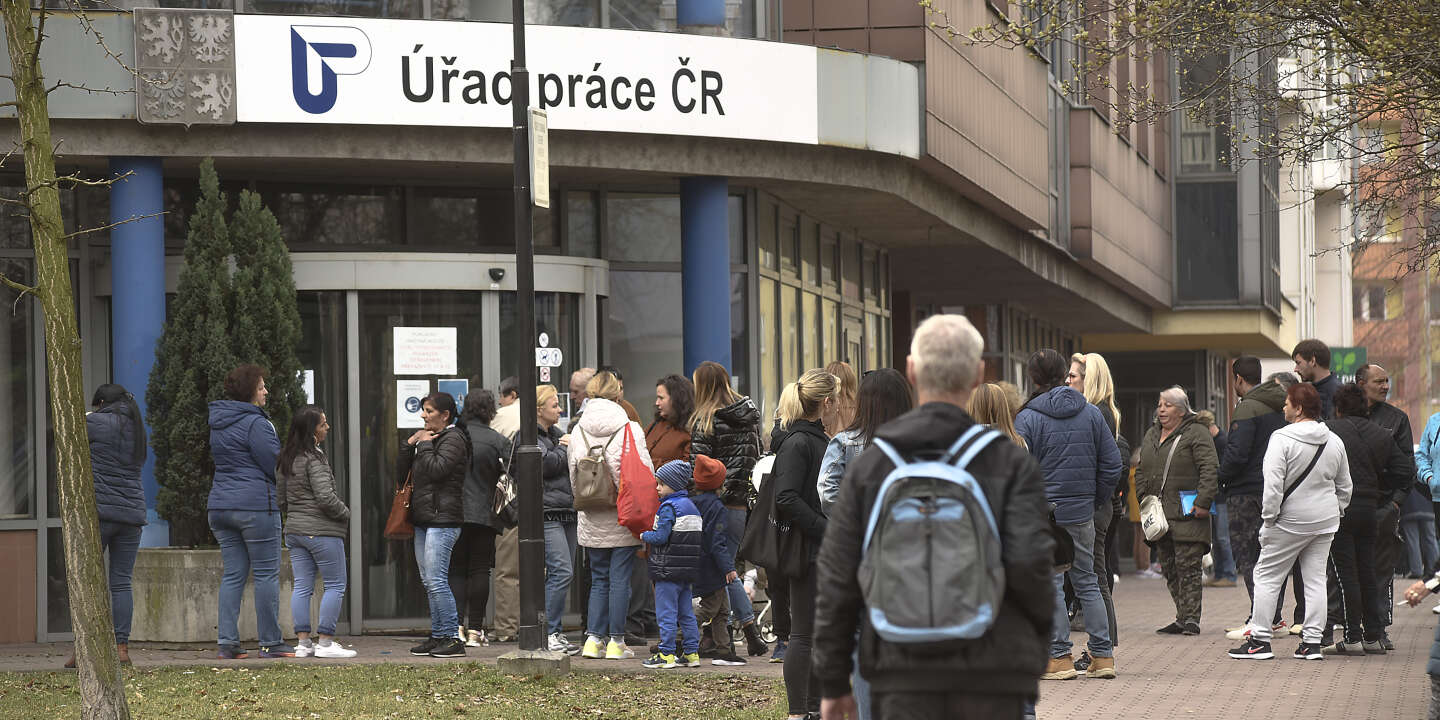

When war broke out in Ukraine, Beata Nowak didn’t hesitate long before jumping into her car and racing to the Ukrainian-Polish border. “My apartment had a spare room since my roommate leftexplains this 36-year-old woman from Warsaw, who works in the hospitality industry. I said to myself: you have a place to pick up a person who is on the run from the bombs, it’s your duty to do that. † Since March 9, it has been receiving Anna, a student from the Kharkiv region. “We live together on my salary and I will welcome him while it lasts”, she assures. To entrust: “But inflation is making the end of the month more complicated. †
More than 4 million Ukrainians have fled their country since the Russian invasion, first to neighboring countries – starting with Poland, but also Hungary, Romania and the Czech Republic. “I don’t know anyone around me who doesn’t help refugees in some way”, notes Grzegorz Sielewicz, an economist at Coface, in Warsaw. Aside from the human drama, the war in Ukraine will also profoundly disrupt the economies of Eastern Europe.
The delicate integration of Ukrainian refugees
“This unprecedented influx of Ukrainians is a huge short-term challenge, but in some ways also a potential long-term opportunity.” summarizes Pavel Sobisek, economist at UniCredit, in Prague. Their reception will initially increase public and private expenditure on housing, care and education. Capital Economics researchers estimate their increase over the next 12 months is in the range of 1% to 3% of the region’s gross domestic product (GDP).
Before the war, Poland, Hungary and the Czech Republic faced severe labor shortages, linked both to the dynamics of the economy and to demographic changes – low birth rates and emigration. Can Ukrainian refugees make up for this lack? “Not easy, as most are women with children, hoping to leave soon, while local needs are strong in industry and construction, where jobs are more masculine”, summarizes Grzegorz Sielewicz. In addition, many Ukrainians working in these sectors in Poland have returned to their country to fight, which in the short term is exacerbating labor shortages.
“For those refugees who will stay out of free will or necessity, full access on the labor market significant investment in vocational training and language learning by host countries. So much expenditure that in the coming years will be largely “reimbursed” by the income taxes paid by the refugees and their contribution to society”, adds Ljubica Nedelkoska, specialist in the subject at the Complexity Science Hub Vienna, an Austrian research center.
You still have 65.6% of this article to read. The following is for subscribers only.



